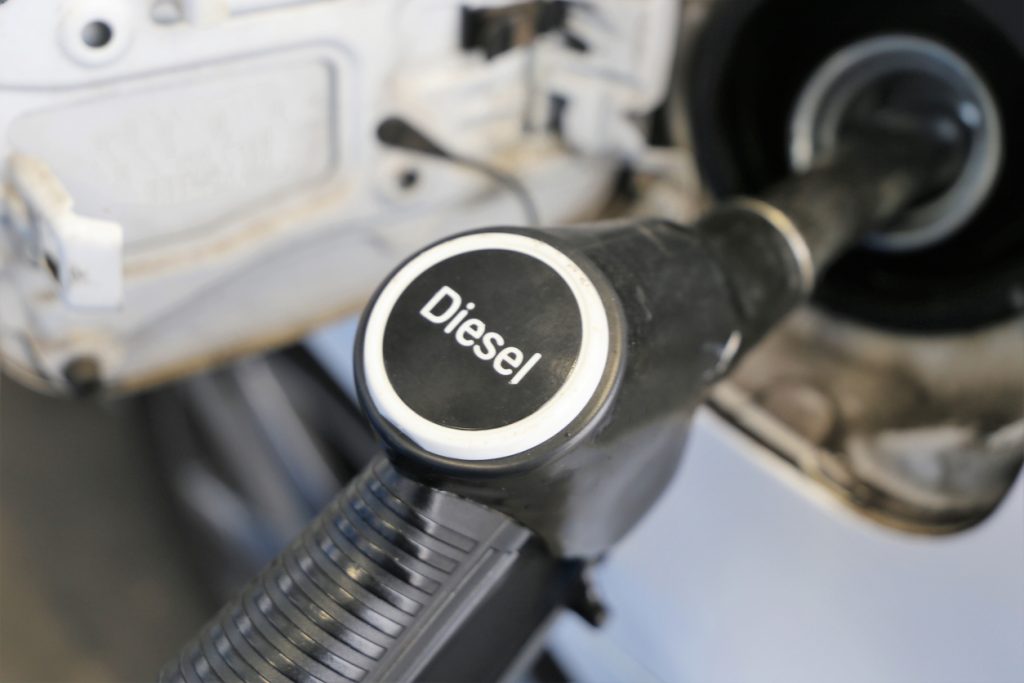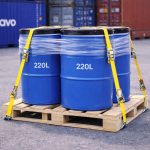The diesel price in Nigeria plays a major role in the country’s economy — especially in the logistics and transportation sectors. For companies like Travo.ng, which provide delivery and travel services across the nation, fuel costs directly impact service pricing and efficiency. In this article, we’ll explore the current trends in diesel pricing, what influences these changes, and how Travo.ng continues to deliver affordable and reliable logistics despite fuel challenges.
Current Diesel Price in Nigeria
As of 2025, the average diesel price in Nigeria ranges between ₦1,250 and ₦1,350 per litre, depending on location and supplier. Prices may vary slightly between urban and rural areas due to transportation costs and supply availability. For example:
- Lagos: ₦1,250 – ₦1,300 per litre
- Abuja: ₦1,280 – ₦1,350 per litre
- Port Harcourt: ₦1,230 – ₦1,280 per litre
- Kano: ₦1,270 – ₦1,320 per litre
Although prices fluctuate frequently, logistics companies like Travo.ng monitor these changes closely to ensure competitive service rates without compromising quality.
Factors Influencing Diesel Prices in Nigeria
Several factors determine the diesel price in Nigeria, and understanding them helps both consumers and businesses plan better:
- Crude Oil Prices: Since diesel is refined from crude oil, any change in global oil prices directly affects local pump prices.
- Exchange Rate: The cost of importing refined petroleum products depends heavily on the naira-to-dollar exchange rate.
- Transportation Costs: Moving fuel from depots to various states adds to the overall retail price.
- Government Policies: Deregulation, taxes, and subsidy decisions also influence how much Nigerians pay for diesel.
- Supply Chain Disruptions: Shortages, refinery maintenance, or distribution issues can cause sudden price spikes.
Impact of Diesel Prices on Logistics and Delivery
For logistics providers, diesel is more than just fuel — it’s the heartbeat of operations. Rising diesel prices can affect delivery timelines, shipping costs, and operational budgets. However, Travo.ng has built a resilient system to ensure customers continue to enjoy affordable nationwide delivery despite fluctuations in fuel prices.
Here’s how Travo.ng manages fuel cost challenges:
- Efficient Route Planning: Advanced mapping systems help reduce unnecessary mileage and fuel usage.
- Fleet Maintenance: Regular vehicle servicing ensures better fuel economy and minimizes waste.
- Bulk Fuel Procurement: Partnering with reputable suppliers allows Travo.ng to access fuel at competitive rates.
- Transparent Pricing: Customers are assured of fair delivery rates that reflect real market conditions.
How Businesses Can Adapt to Rising Diesel Costs
Businesses that rely on logistics can take proactive steps to cushion the effects of high diesel prices:
- Use data to forecast demand and optimize delivery schedules.
- Partner with fuel-efficient logistics providers like Travo.ng.
- Encourage bulk deliveries instead of multiple small trips.
- Monitor national fuel trends to adjust pricing strategies accordingly.
Travo.ng’s Commitment to Affordable Logistics
At Travo.ng, we understand how fuel costs can impact delivery pricing. That’s why our goal is to maintain affordability without sacrificing quality. By leveraging technology, efficiency, and smart partnerships, Travo.ng continues to provide dependable logistics services across Nigeria — helping businesses and individuals move goods seamlessly, regardless of fuel market fluctuations.
Final Thoughts
Monitoring the diesel price in Nigeria is essential for anyone involved in logistics or transportation. Though the market remains volatile, companies like Travo.ng have proven that innovation and efficiency can keep delivery costs fair and services reliable. Whether you’re managing bulk shipments or personal deliveries, Travo.ng remains your trusted partner for cost-effective logistics across Nigeria.







